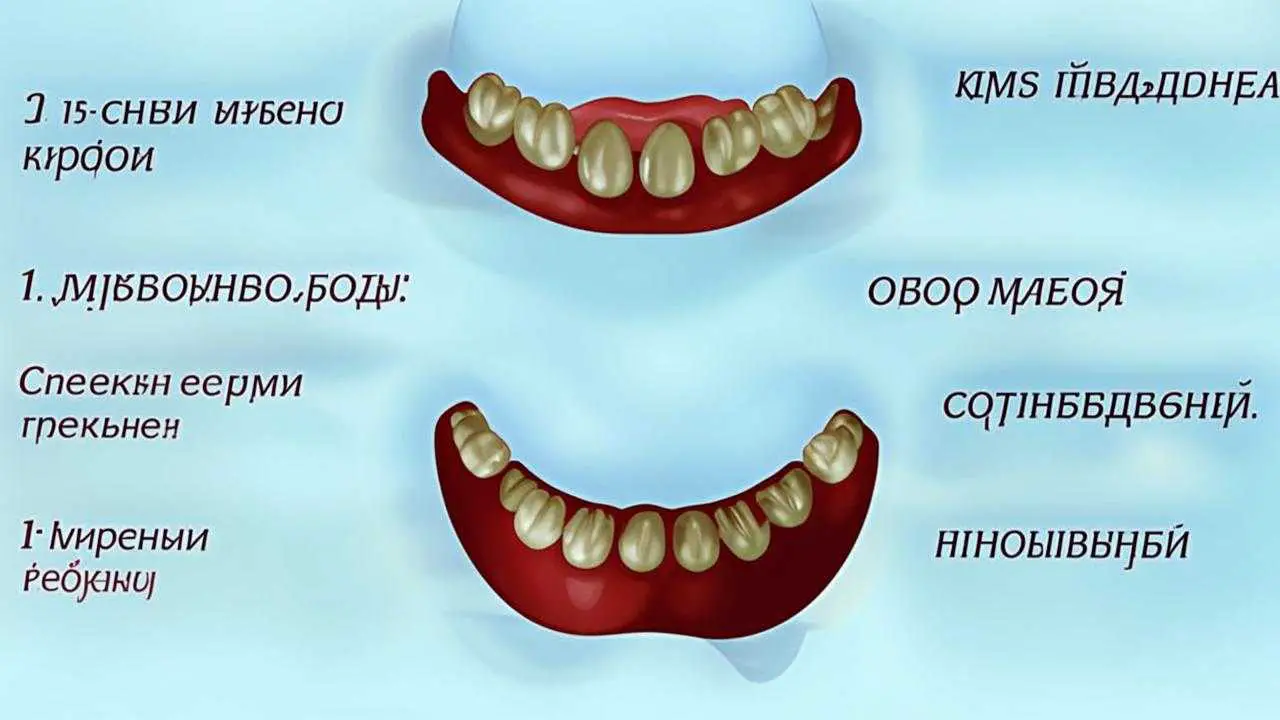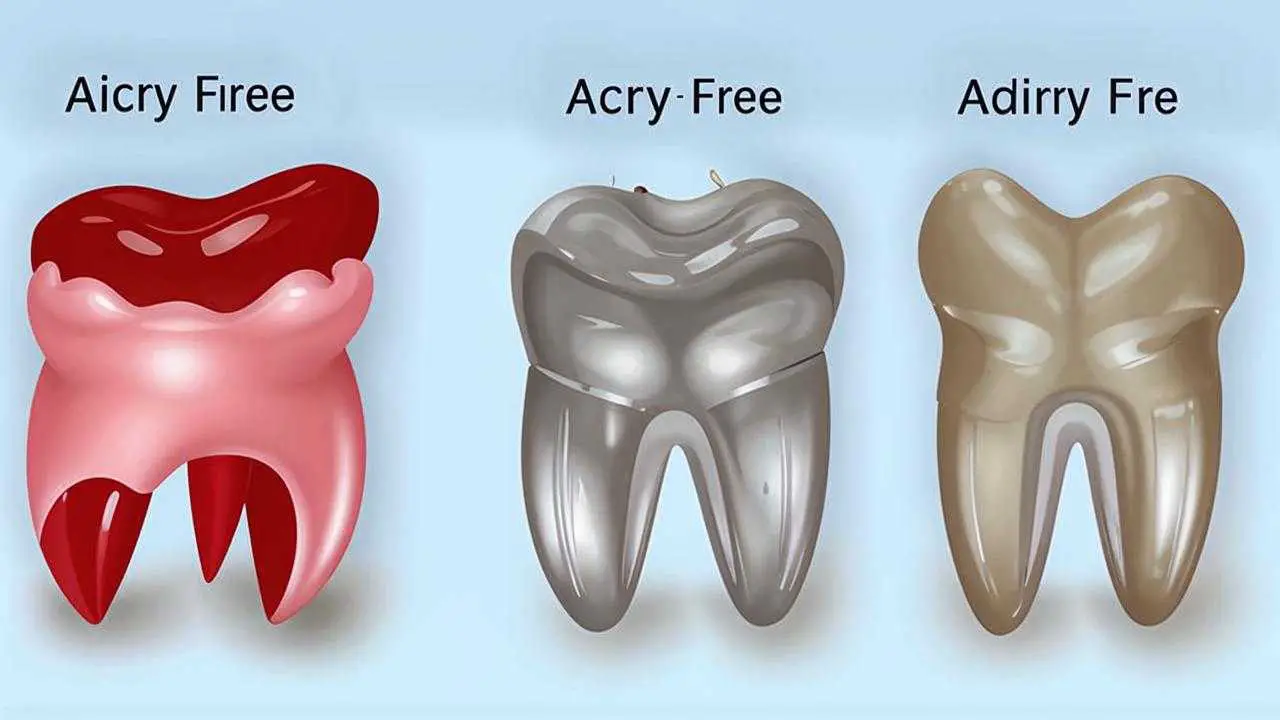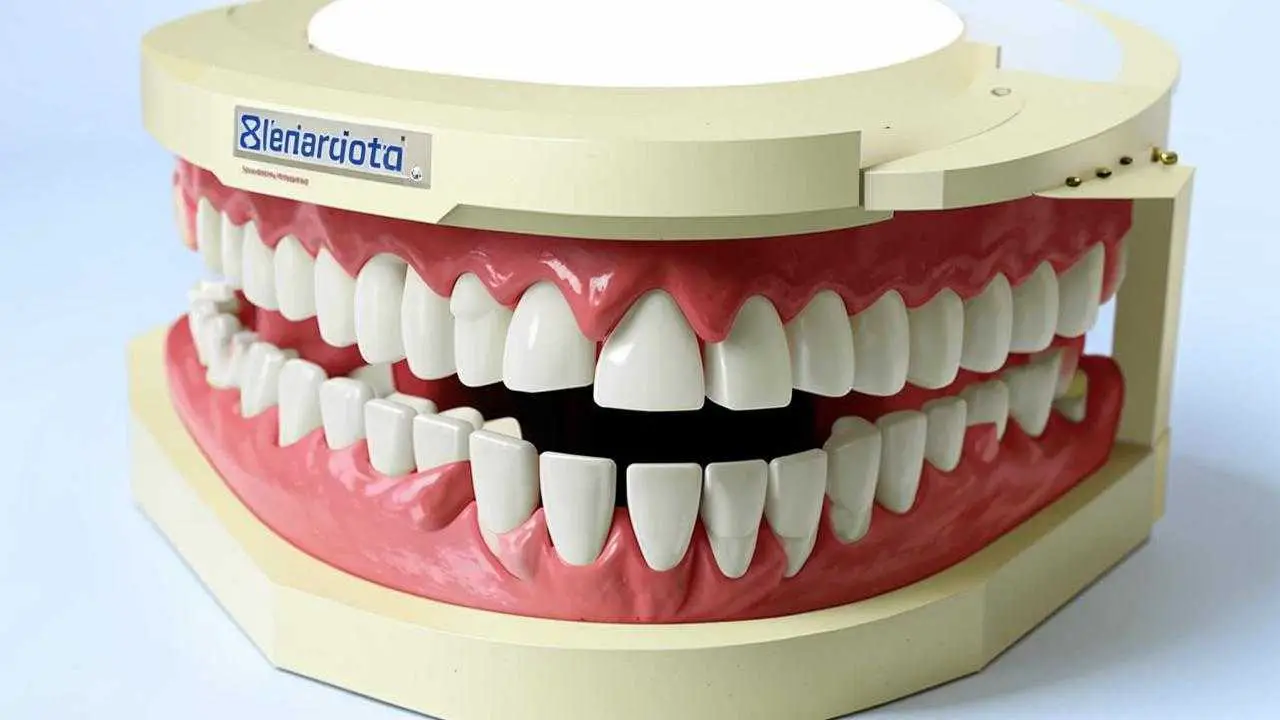Reading time ~ 5 min Number of readings: 36196
Allergy is a reaction of the body’s immune system to a certain substance, allergen (antigen). The first time, the immune system simply “memorizes” the antigen, with repeated interaction in some people begins inadequate, exaggerated reaction. Once the antigen enters the body, antibodies are produced: histamines and cytokines. Redness, swelling, hives, and difficulty breathing appear.
Allergies to dentures can be:
- immediate;
- delayed.
The first is very rare, the second is more common.
Causes of allergic reactions
Allergies can be caused by both metal and plastic structures.
- Alloys of nickel, chromium and cobalt are in the group of allergens and can provoke severe allergic reactions. Unfortunately, these alloys are part of many orthopedic constructions.
- Another group of allergens is represented by protein monomer, which is formed during the manufacture of polymers, such as acrylic. The higher the concentration of the monomer, the stronger the reaction. Normally, its presence in acrylic plastic should not exceed 0.2%.
- The reaction can be caused by dyes and plasticizers (substances that reduce the formation of micropores) included in the composition of the restoration.
Symptoms of denture allergies
Symptoms of allergic reactions are divided into objective symptoms, which can be confirmed, and subjective symptoms. These are descriptions of the patient’s sensations that cannot be registered.
The most common symptoms are the following:
- Reddening and swelling of the mucosa at the points of contact. Observed in reaction to metal and plastic dentures.
- Change in the color of the gum. Gray-blue gum is a sign of reaction to metals.
- Inflammation of the gum (gingivitis). It is observed in the area of metal or metal-ceramic crowns and bridges.
- Burning mouth syndrome. Develops after the use of dental alloys and plastic restorations.
- Metallic taste. Appears when low quality alloys are used. This is a sign of active corrosion of metal prostheses.
- The sensation of electrical discharges. The galvanization effect occurs when using alloys of different metals for prosthetics. Noble (gold, platinum) or inert metals (titanium) do not cause such reactions.
- Dry mouth. Can be a sign of many diseases, is not the basis for diagnosis.
- Viscosity, pulling saliva. Chemical reactions in the oral cavity change the quality of saliva.
Allergies to prosthetic teeth in acute form are accompanied by Quincke’s edema and can lead to anaphylactic shock. This immune system response occurs immediately, most often in the chair of a dentist who knows how to provide the necessary care.
How allergies to dentures manifest themselves depends largely on individual characteristics. Sometimes the patient does not connect his condition with a reaction to the allergen. The dentist during the examination, however, may notice localized signs of allergy: redness and swelling. Therefore, if you have recently had dentures, and you feel changes in your general condition, it is better to consult a doctor.
What to do if you are allergic to dentures
Allergies to dental materials are quite difficult to diagnose. There are many conditions with similar symptoms. In addition, a delayed reaction begins to manifest itself 1-2 months after treatment.
The main method of diagnosis is temporary relinquishment of the denture. This is easy to do in the case of removable prosthetics and difficult, but necessary, in fixed prosthetics.
Diagnosis
- Elimination. Temporary (about 7 days) relinquishment of the denture helps to determine if it is the source of the problems.
- Exposition. The restoration is reinserted. The patient is monitored to confirm or rule out a re-reaction.
- Allergen testing. Blood tests for antibodies are part of a comprehensive diagnosis. They confirm the presence of allergies. Skin tests help to identify specific allergens.
Treatment
The main method of dental intervention is the replacement of dentures. The best choice for fixed dentures is ceramic. It is a bioinert material that does not cause allergy manifestations. Ceramic dentures give you the opportunity to choose the material according to your budget. Porcelain structures are cheaper than glass-ceramic (E-max, Empress), and they, in turn, are cheaper than zirconium. If it is not possible to install ceramics, it is necessary to choose an alloy that excludes metals that cause allergies.
With allergies to removable dentures also change the composition. Acrylic is replaced by nylon and Acry-Free polymer.
However, metal is not a substitute for braces. Ideally, it would be good to replace the arch and fasteners with inert metals: gold, platinum, titanium. In other cases, dentistry selects a composition that does not contain metals that were in the previous restoration. Another option may be the installation of a Quadrotty denture. The material of the design is a relatively rigid thermoplastic. Clampers are also made of it. The absence of metals reduces the risk of allergies.
Against the background of dental manipulations, treatment against allergies (antihistamines) is carried out.
Prevention
With known allergic reactions to any antigen, it is better to immediately choose bioinert compositions. Allergies to removable dentures can be easily avoided if nylon or Acry-Free is chosen as the base material. Ceramics and zirconium dioxide do not cause allergic reactions in fixed prosthetics.


